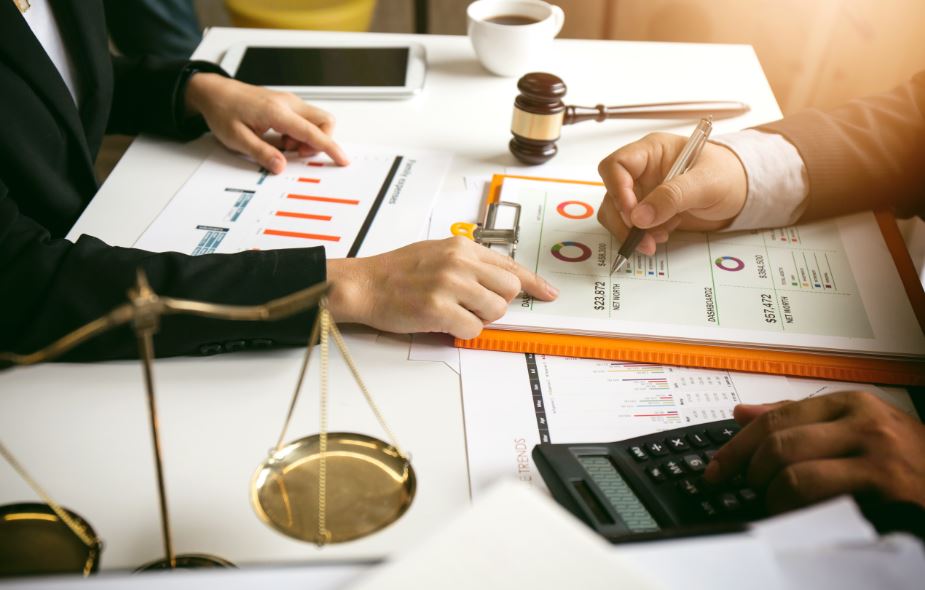Know Your Options if You are Struggling With Finances Due to Covid

You could be among the thousands struggling financially due to Covid-19.
Interestingly, bankruptcy can help you in this case.
Before you think of filing for bankruptcy, you need answers to the following questions:
- Will all my debt get wiped off?
- Will I be able to retain my key property?
- Which bankruptcy chapter is suitable for me?
If the above queries appear overwhelming, you can always speak with a personal bankruptcy attorney in Maryland. He or she will appriseyou with all that you need to know about bankruptcy basics.
In any case, here are a few things you need to know about various types of bankruptcies.
Chapter 7 bankruptcy
It is the first choice of most people.
You get to wipe out qualifying debt without the need for creditor repayment.
The proceedings move fast with just about 4 months to complete.
If you are an individual, you do not lose all you have – you can retain the property you need for a living or to conduct your business.
However, Chapter 7 does have its drawbacks.
It is quick in completion no doubt and does not involve creditor repayment, but will not stop foreclosure permanently.
Usually foreclosure begins after you fall behind on mortgage payments.
The lenders follow the state laws prior to selling homes at auctions.
In case you have any deficiency balance, you can consult with personal bankruptcy attorney Marylandto know what this state stipulates.
Chapter 7 has another downside. The trustee who is appointed to manage your property can sell your non-exempt assets such as recreational vehicles, luxury cars or any expensive artworks.
Chapter 13 bankruptcy
If you are eligible for this mode, you will be required to pay lenders through a three to five year plan.
In other words it is called reorganization bankruptcy.
Over the course of 3-5 years you must make monthly payments to a trustee, who will distribute these payments to your creditors according to a priority plan.
Debts have variable priority.
The debts you need to pay under Chapter 13 can include alimony, child support, and wages owned to employees.
However, first decide whether you are eligible for Chapter 13.
It is applicable to individuals and sole proprietors only. Businesspersons are not eligible.
In this Chapter you must make use of disposable income to repay your debts.
At the termination of the 3-5 year period, if you have strictly followed the debt repayment plan, you should be able to receive a discharge of debts.
Chapter 11 bankruptcy
Chapter 11 bankruptcy is crafted to enable struggling businesses restructure their finances and make best use of the returns to their creditors.
This chapter is usually made use of to reorganize a business. It could be sole proprietorship or partnership.
Typically, you as the debtor are granted the exclusive right to propose a reorganization plan for the first four months.
A good bet is to consult with a lawyer experienced in personal bankruptcy Chapter 11 in MD, who is best positioned to explain your options.
If bankruptcy is the right answer you have been looking for then it will be a huge relief for you. The best part is you get a new start in your life.



